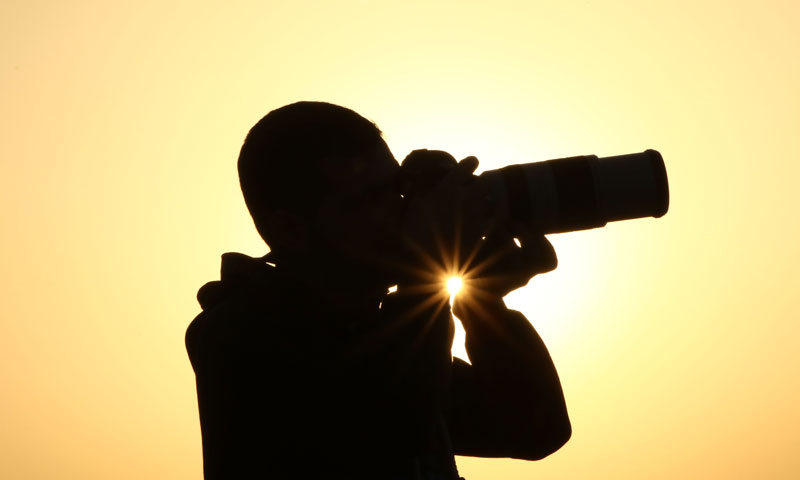



Tow years from its foundation, the platform, Ghouta Media Center, is striving under circumstances different from those it witnessed at the launch. The landscape has today changed, so did the happenings, while most of the Center’s activists have left their hometown, their place of birth.
A year has passed since Eastern Ghouta’s people were forcibly displaced, along with its militants and activists, who all headed to Northern Syria. There the people spread in different places, in Idlib governorate and the rural parts of Aleppo, but the new geography failed to prevent Ghouta’s people and activists from adapting to the majority of the new things in their lives.
The Ghouta Media Center was founded in mid-February 2017, after a meeting that brought together 11 media activists from the different towns of Ghouta. Back then, the young men decided to launch the Ghouta Media Center platform, keeping aside the polarity that reigned the landscape, which the military factions and other factors triggered. They tried to offer a neutral center, the only mission of which was reporting news from inside the area.
Diaa Addin al-Arbeni, director of the center, told Enab Baladi that the Center’s chose basic principles to abide by; the first of which is that the efforts are voluntary, while seeking no funding from whatever sides available, especially in case the funding was conditional. To the day, the work is done with the same spirit.
The principles also provide for covering violations regardless of the side that committed them, let it be the Syrian regime or the opposition factions, especially those which took place during the intra-factional fighting in May 2017.
The Center, after it successfully kicked off, managed to build bonds with media outlets, Arabic, foreign and international, especially following the coverages that addressed Ghouta and the experience it accumulated through resorting to local media expertise and Media University graduates, in addition to utilizing online media and journalistic courses, according to al-Arbeni.
The team grew larger, consisting of 50 persons with diverse specialties and fields, including photographers, reporters, editors and workers specialized in video and photo editing.
The Center’s members were displaced like the rest of the Ghouta’s people and militants after the deals that the opposition factions signed between March 21 and April 7, 2018, which caused shock and offered a source of despair. The displacement journey was a new turn and a move towards the unknown, according to the Ghouta Center’s director.
Now that they have settled down, the Ghouta media activists started discussing the reactivation of the Center, however, scared of the Assad’s forces and the security branches’ retaliation which might target their families who stayed in Eastern Ghouta, especially since that the names of a few of the center’s members are known and some of whom have already been subjected to vengeful acts after Assad’s forces controlled the area.
The center is, toady, active with a new mindset and awareness, given that its members have acquired the knowledge needed to address and deal with happenings around them, according to al-Arbeni. The Center is to focus on the action inside Eastern Ghouta and the people’s suffering, so the area would not be absent from the media, in addition to shedding a light on the services, the social and security conditions in the area.
Al-Arbeni added that the Center will also concentrate on the Eastern Ghouta’s displaced people in Northern Syria, their activities, the challenges facing them in the displacement camps and the towns where they reside, in addition to the violations they are exposed to while addressing the political, social and local reality of Northern Syria.
if you think the article contain wrong information or you have additional details Send Correction